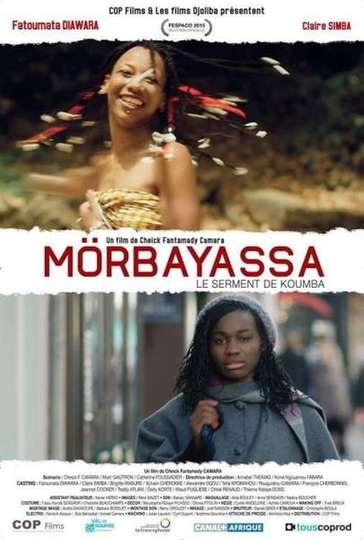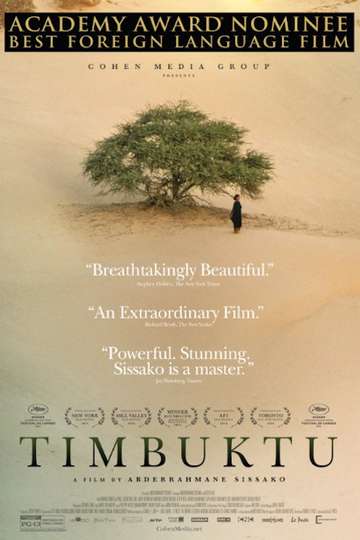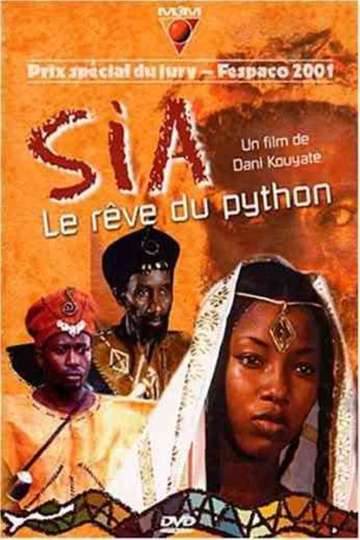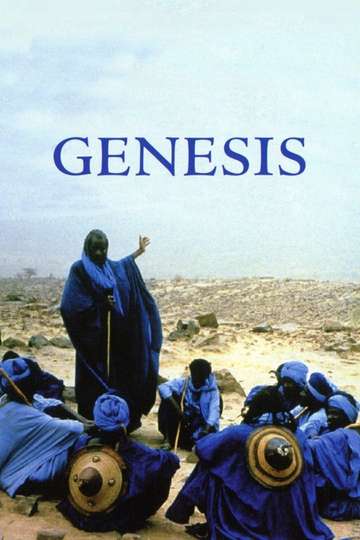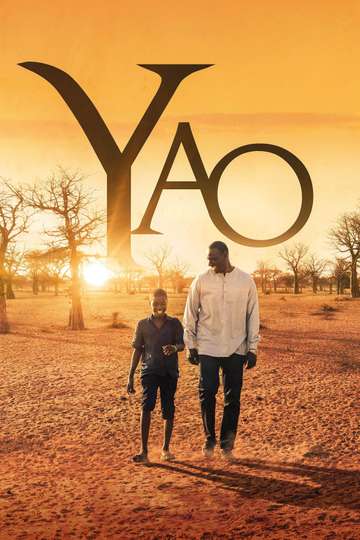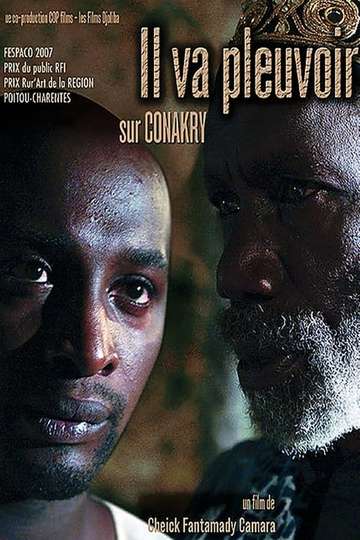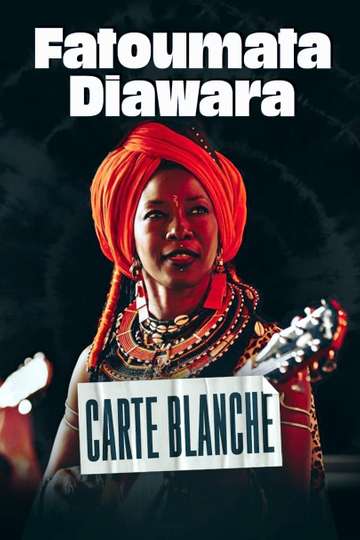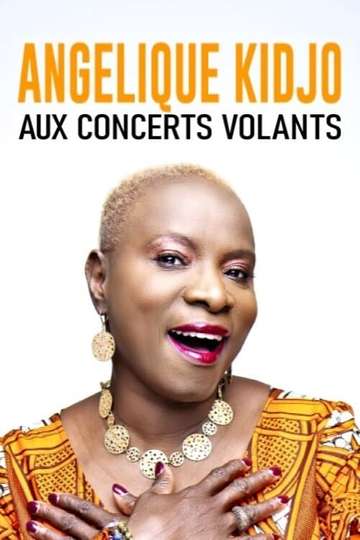Born in 19822, Fatoumata Diawara spent her early years in Abidjan in a large family. Her mother is a dancer. His father runs an association of traditional shows. He introduced her to dance and the guitar. At the age of 9, after the sudden death of an older sister, she was adopted by her actress aunt who lives in Mali. In 1997, Fatoumata Diawara was spotted by the filmmaker Cheick Oumar Sissoko who hired her in the film La Genèse (prize "Un certain regard" at the Cannes Film Festival in 1999) in order to interpret the leading female role.
In 1998, she left for France to work at the Théâtre des Bouffes du Nord on Jean-Louis Sagot-Duvauroux's adaptation of the play Antigone. She appeared in several feature films including Sìa: Le Rêve du python2 (Special Jury Prize at Fespaco in 2001). In 2002, she fled a forced marriage with her cousin to join the Royal luxury company and spent six years in the troupe1.
According to Jean-Luc Courcoult, "She could sing a little, she could not play well, but I was looking for a temperament, something else". In November 2006, she was chosen to play the leading female role of the Opéra du Sahel, in Bamako.
It was then that she was noticed by Cheick Tidiane Seck. She participated in the recording of Dee Dee Bridgewater's album.
During this same period, she met Oumou Sangaré who asked her to record her album Seya. Fatoumata Diawara then decides to embark on the adventure of music and begins to work on her own repertoire. She also continues her experiences in the cinema, playing in particular in the film It's going to rain on Conakry by the Guinean director Cheick Fantamady Camara, where she plays the role of a young singer.
In 2007, she played the role of Karaba in the musical Kirikou and Karaba, taken from the cartoon Kirikou and the witch by Michel Ocelot. At the same time, she is working on the disc of the musical. Cheick Tidiane Seck then offers him to record on his own Sabaly album. She has the opportunity to sing with Herbie Hancock (The Imagine project, Grammy Award in 20114) or Hank Jones.
At the same time, she recorded on various discs.
She is committed against excision in her region of origin in Mali. In 2012, she managed the production of a music video against the occupation of the north of the country by jihadists, which led her to play in Timbuktu, a multi-Caesarized film in 2015.
In 2017, Fatoumata Diawara contributed to Matthieu Chedid's Malian project "Lamomali".
In 2018, she released her second solo album Fenfo, produced by Matthieu Chedid.
Damon Albarn and Jamie Hewlett invite the Malian singer on a new excerpt from their collaborative series Song Machine in 2020 and feature her in the music video and song Sorry by the group Gorillaz.
In 2022, she plays in an opera by Damon Albarn and Abderrahmane Sissako, entitled Le Vol de Boli and dedicated to the theft of a Malian animist fetish by a French ethnologist and art critic, Michel Leiris, for the Musée de l'Homme .
In one of his texts, The Phantom Africa, Michel Leiris expresses his shame at having stolen this fetish. But it remained in France and is now on display at the Musée du Quai Branly.
